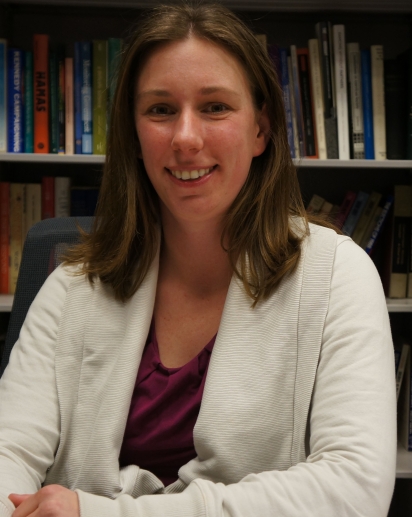Motives in Territorial Conflicts: Competition or Valuing the Land Itself? | 2024 | Events

Summary/Abstract:
This paper explores a basic question about territorial conflicts: to what extent are actors motivated by the desire to possess the land? Prior research emphasizes that disputed territory holds tangible value such as natural resources and intangible value such as perceptions that it is part of a national homeland. However, it is possible that people do not treasure the land itself so much as they desire not to lose it to an adversary. We theorize that potentially losing it to another actor adds ‘competition value’ to territory. We investigate these distinct motives with a survey experiment on Japanese attitudes toward the potential loss of the Senkaku Islands. Do the Japanese view losing these islands to China as significantly more detrimental for Japan than losing the islands because they submerge after a geological event? Or are the islands themselves what matters? We present an experimental design and pre-analysis plan to answer this question.
Bio:
Kathleen Powers researches foreign policy, public opinion, and international security using theories and concepts from psychology. Much of her work examines how nationalism and values shape foreign policy public opinion. She also conducts research about motives in international conflict. At Dartmouth, she teaches courses on international relations, political psychology, and foreign policy public opinion.
Powers' book, Nationalisms in International Politics, was published by Princeton University Press and receieved the International Political Psychology's 2023 David O. Sears award for the best book on the psychology of mass politics. Her research has been published in the American Journal of Political Science, Foreign Policy Analysis, International Studies Quarterly, Journal of Conflict Resolution, Journal of Politics, Political Psychology, and the State of Nationalism: An International Review.
She received her PhD from Ohio State University. Before joining Dartmouth's Government department, she held a fellowship at the Dickey Center for International Understanding and taught at the University of Georgia.
